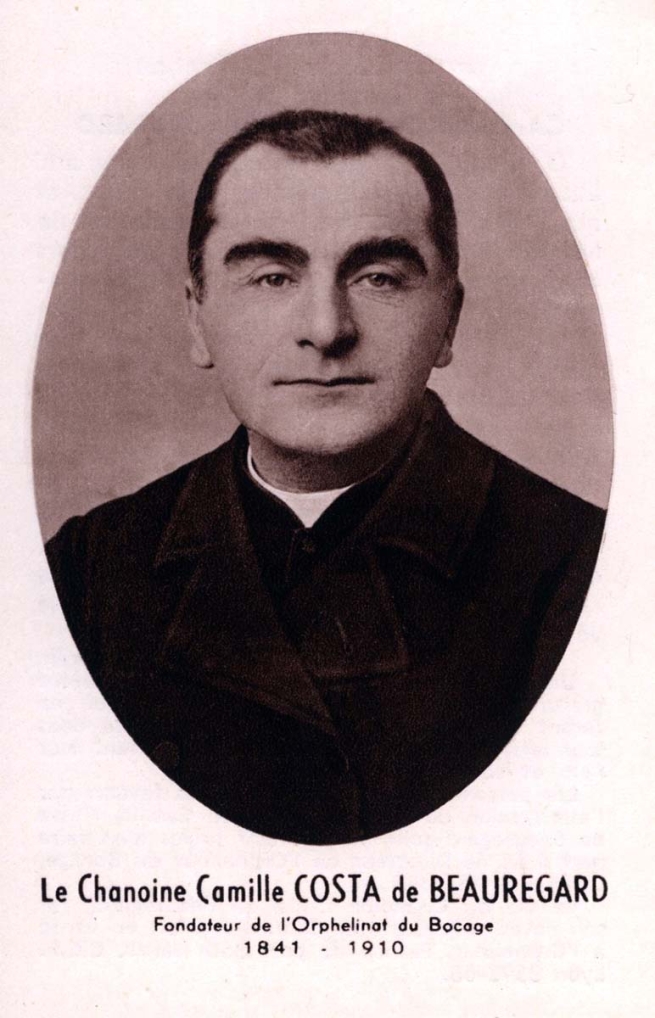Two doctors of the Vatican Council had previously examined the case, both giving a favorable opinion. The dossier with the medical records and testimonies was then officially presented to the Medical Consultation, a commission of seven doctors, which gave a favorable opinion.
The Venerable Servant of God Camille Costa de Beauregard was born in Chambéry on February 17, 1841, the fifth of 11 children, to Marquis Pantaleon, a gentleman of King Charles Albert, and Lady Marta Saint-George de Vérac. Having completed his studies in religious boarding schools, he had a period of disorientation: on recovering, he entered the French seminary in Rome in November 1863, and on May 26, 1866, received priestly ordination in the basilica of St. John Lateran.
After spending another year in Rome to perfect his studies, he refused to enter the Academy of Ecclesiastical Nobles to pursue a diplomatic career and returned to the diocese in Chambéry, where he was hired as assistant parish priest of the cathedral on August 3, 1867. In that same year, a cholera epidemic left a number of orphans: he then gathered them initially in the cathedral presbytery, devoting himself entirely to their education. He also devoted himself to the poor and needy classes, specifically the workers belonging to the mutual association "St. Francis de Sales."
The orphanage, after humble beginnings in Le Bocage (Chambéry), had a remarkable development: several annexes were built, capable of receiving up to 175 guests. The Venerable Servant of God took personal care, even down to the smallest details, of the running of his houses, the workshops, and the farm for the preparation of young farmers. As an educator, he was zealous in the Christian formation of young people, tutored them individually, and reserved religious instruction for himself. He was known and admired by everyone in Savoy and was called the "father of the orphans." In order to be able to fully attend to his work he twice refused the episcopate and donated all his family's wealth to the work, which in time was entrusted to the Salesians of France and is now run by the "Fondation du Bocage."
Humble, poor, unattached to worldly goods and honors, he lived only the heroic commitment of charity to orphans. He died on March 25, 1910. His mortal remains were moved to the Bocage in 1911. The decree on the introduction of the Cause is dated Jan. 25, 1961, while the decree on heroic virtues is dated Jan. 22, 1991.
From the beginning, the Cause for the beatification of Camille Costa de Beauregard was followed by the General Postulation of the Salesians. During these years, the Postulator General, Fr. Pierluigi Cameroni, with the collaboration and support of the Archdiocese of Chambery, the Costa de Beauregard Committee, and the Fondation du Bocage accompanied and promoted the Cause of the Venerable.


